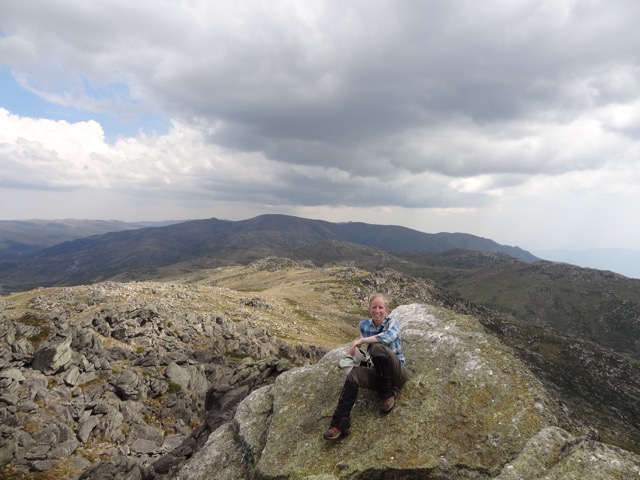Life in the cold: evolution and ecology in Australia’s high country
Speakers
Event series
Content navigation
Description

‘A final word of caution to the prospective alpine ecologist…expect a skeptical response from colleagues when you are encountered leaving for your study site with skis or ice axe in hand’ (John S Edwards, 1987). Australia isn’t known for its mountains, but the high country of south-eastern Australia is a fascinating playground for biologists – with or without skis. This ancient landscape, characterised by undulating summits and wide valleys, supports a unique, cold-adapted fauna whose evolutionary history is somewhat of an enigma and whose future is uncertain. In this talk I’ll explore both of these questions, using field experiments, genomics, and a very good pair of hiking boots.
Location
Eucalyptus Seminar Room (S2.05), Level 2, RN Robertson Building (46), ANU
